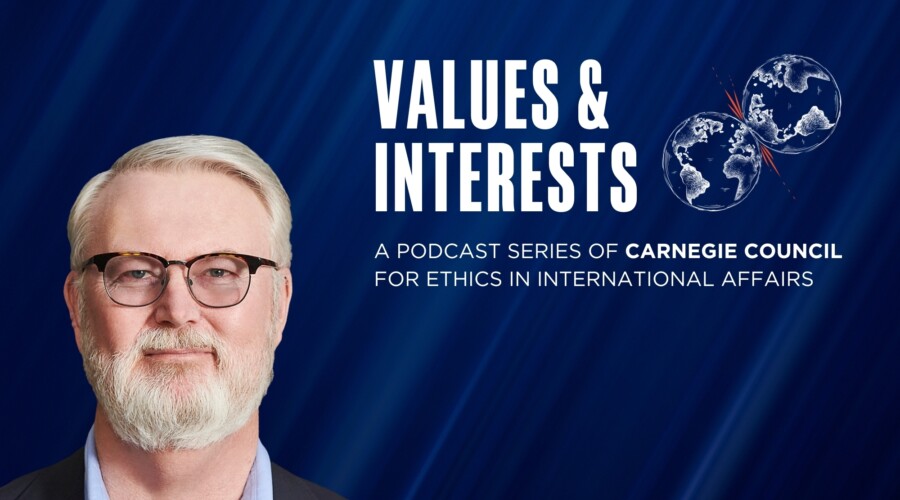Polio is a deadly and crippling disease and could be eradicated. Are the costs
worth the price?
Bill Gates made polio eradication his focus, estimating costs of one billion
dollars a year for the next two years to achieve the goal
The Carnegie Council's Evan O'Neil explains Gates' rationale. First, we are
close to eradication. Last year there were about 1,000 cases globally, concentrated
in four countries: Nigeria, India, Pakistan, and Afghanistan. Next, eradication
permanently frees resources for other health programs. Third, economic productivity
of the afflicted regions improves. Finally, eradication would be a motivational
victory, driving hope and investment. In addition, polio vaccination can be
a gateway leading to routine immunization for common diseases.
However, both timeframe and dollars are disputed, and there are opportunity
costs. Polio is difficult to kill. There are many strains; the vaccine is not
100 percent effective; parents refuse because one child in every two millions
dollars is infected; and only one in 200 carriers show symptoms. Also, infrastructure
is lacking.
Critics like Dr. D. A. Henderson, who led the successful smallpox campaign,
felt that dumping billions into polio eradication was a misallocation.
Medical journal editor Richard Horton states, "Bill Gates' obsession
with polio is distorting priorities…"
Gates responds, "If you don't keep up the pressure on polio, you're accepting
100,000 to 200,000 crippled or dead children a year."
What would you do? Push ahead with polio eradication? Settle for control? And,
with a current shortfall of 700 million dollars a year, where would you find
the money?
By William Vocke, adapted from Evan O'Neil
For more information see:
Evan O'Neil, "Drops
Not Drones, Vaccines Not Marines," Policy Innovations, March
7, 2011.
Donald G. McNeil, Jr. "Gates
Calls for a Final Push to Eradicate Polio" The New York Times,
January 31, 2011.
Bill Gates, "2011
Annual Letter from Bill Gates."
Photo Credits in order of Appearance:Robert
Joiner Department
for International Development/Russell Watkins Pamesh
Lalwani UNICEF
Sverige Rick
Scavetta/ U.S. Army Africa Cambodia
Trust Rick
Scavetta/ U.S. Army Africa UNICEF/LeMoyne
UNICEF/Josh
Estey Anonymous Pierre
Holtz / UNICEF Ground
Report Cambodia
Trust André
Luiz D. Takahash 

